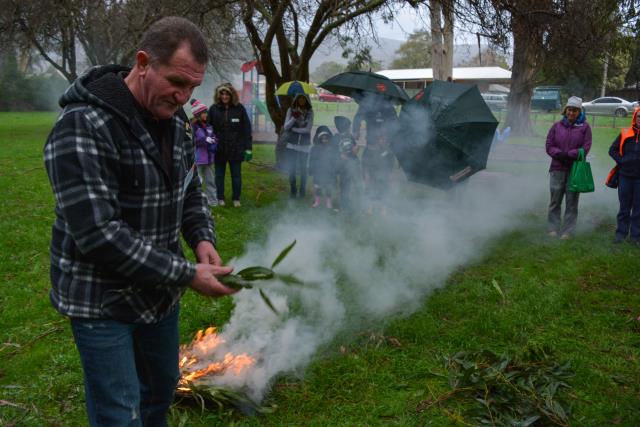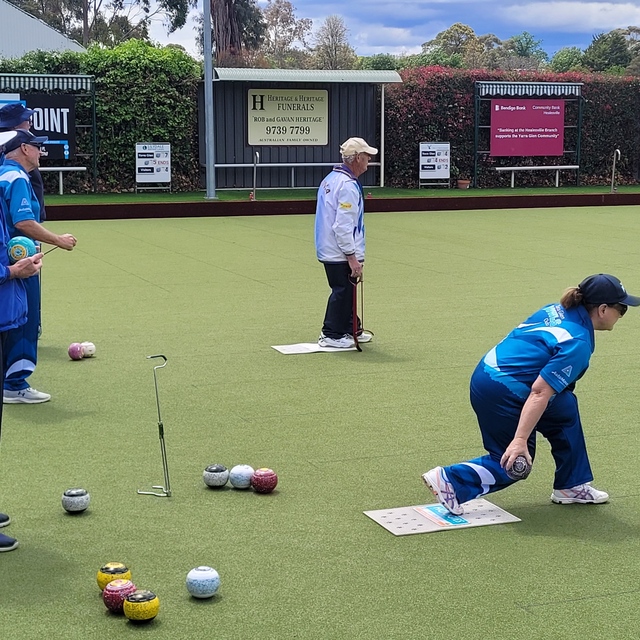By Dion Teasdale
DIABETICS are a step closer to being able to monitor their blood glucose levels without the use of the finger prick test, thanks to a Yarra Valley resident.
Lilydale’s Dr Paul Stoddart, a researcher at Swinburne University of Technology, has developed a system that could one day be used to constantly monitor blood glucose levels.
His efforts have won him one of six prestigious 2006 Victoria Fellowships. He received his award earlier this month from the Lieutenant Governor of Victoria, the Honourable Justice Marilyn Warren, AC.
The innovation that Dr Stoddart and his group have developed and patented is an optic fibre probe that diabetics will eventually be able to wear in a wristwatch-sized device.
“By gently pressing beneath the skin’s surface, blood sugar levels are able to be monitored more precisely and less invasively than the traditional finger prick test which diabetics have to undergo several times a day,” Dr Stoddart said.
The initiative has been funded by the Diabetes Australia Research Trust and ASX listed company BioPharmica.
Dr Stoddart said diabetes is Australia’s sixth leading cause of death and the world’s fastest growing disease.
“Last year alone, Diabetes Australia distributed approximately 150 million glucose testing strips to 700,000 registered diabetes sufferers at a cost of several million dollars,” he said.
As part of his Fellowship, Dr Stoddart will fly to Japan to discuss a partnership with a company that can manufacture the probes.
He will also collaborate with American researcher Richard Van Duyne in Illinois, whose laboratory is a world leader in nanoparticle optics.
“Working with such a prestigious scientist is likely to be challenging, but it will also be an extremely rewarding and enriching professional experience,” Dr Stoddart said.
He said there is potential for the probe to be part of an artificial pancreas where the blood sugar levels are varied at the right time and in the right quantities.
Also as part of the Fellowship, Dr Stoddart, 37, will visit major water companies in Israel and Singapore to show how the Melbourne-developed probes could be used to continuously monitor the supply of drinking water.
The Victoria Fellowships, worth $18,000 each, were established nine years ago to recognise young researchers with leadership potential and to enhance their future careers, while developing new ideas which could offer commercial benefit to Victoria.
New device boon to diabetics
Digital Editions
-

Fallen tree across Maroondah Highway removed
The tree across Maroondah Highway has been removed. The Healesville SES unit received a call to attend to a fallen pine tree at 8am on…





